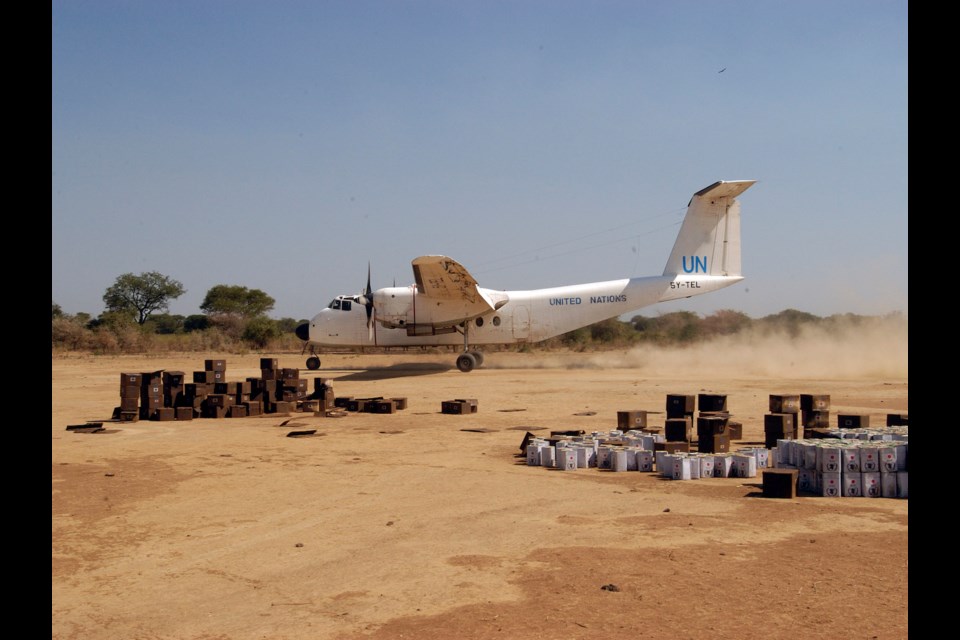Most of us are barely aware of what takes place in our turbulent world, and I do not mean American politics. Given that it is the start of a new year and the end of International Development Week, it seems a good time to look at five from the 40 conflicts around the globe. Most folks would be losing at Where’s Waldo if they had to point to these places on a map. We neglect these crises at our peril. Beyond the human cost of suffering, these flash points hijack billions of dollars from humanitarian organizations and governments trying to do long-term international development elsewhere.
Here is an alphabetical selection of five less known places to watch this year.
Bangladesh
At the top of the list are the ethnic Rohingya fleeing neighbouring Myanmar (Burma) for Bangladesh. The major flood of refugees began around 2015 but persecution began much earlier. More than one million people are currently crowded into refugee camps in southern Bangladesh. Bangladesh stands 139th on the human development index, and I can attest to the fact that it can ill afford managing this crisis. The Rohingya are a persecuted population. Today they live in deplorable conditions stuck between two countries.
Congo
In the Democratic Republic of Congo, formerly known as Zaire, conflict has been simmering over change of power. Recent fighting in just one area around the province of Kasai has reportedly left 3,000 people dead. I’ve spent some time in Congo. Its people are warm and friendly. However, it is vast, rugged and despite its natural riches, poor. It has always been a dangerous place, which hampers humanitarian aid and development.
Sudan
Over the years, I have travelled back and forth to Sudan, Ethiopia, Uganda and Congo. For me, the conflict in Sudan, which affects all of those countries, is particularly heartbreaking. The new country of South Sudan was formed 2011 after a long, bloody war. Initially there was hope that a new independent south would usher in peace. However, in-fighting has created a civil war that has pushed more than 2.5 million refugees into Ethiopia, Uganda, Kenya and Congo. There is now a famine in South Sudan.
Venezuela
Funded by oil revenues, Venezuela enjoyed socialism for many years. In 2014, oil prices fell and socialism collapsed. Shortages of food, medicine and jobs instigated massive street riots and the departure of many citizens to neighbouring countries. Protesters now call their president a dictator. On the humanitarian side, some 30 million people are in need of food, and UNICEF reports an increase in child malnutrition. Another study shows that 75 per cent of the population has lost weight and a third of the nation eats only one or two meals a day.
Yemen
In Yemen, civil war continues to create mass hunger and suffering. The beginnings of the conflict stem from a failure of political transition after an Arab spring-like uprising in 2011. Yemen lives in a challenging neighbourhood with Eritrea and Somalia across the gulf and Saudi Arabia on its northern border. The war has brought in numerous regional players who support various factions. The human cost has been staggering, with some 10,000 people killed and more than 50,000 injured. About 75 per cent of the population, more than 20 million people, are in dire need of humanitarian assistance such as food, water and sanitation.
It is impossible to fully explain or perhaps fully understand the complex politics around each of these emergencies. Moreover, many shake these crises off like a dog shakes off water after a swim. But turmoil creates untold suffering. Canada and the west pay for this one way or another. Ignoring these crises is not an option. In 2018, I hope we can support governments and organizations that are making an effort to resolve these conflicts. As well, we need to support the charities whose staff are risking their lives to respond to these emergencies. It seems the least we can do and frankly, it will cost less to respond today than to wait until the financial and human cost is even higher.
